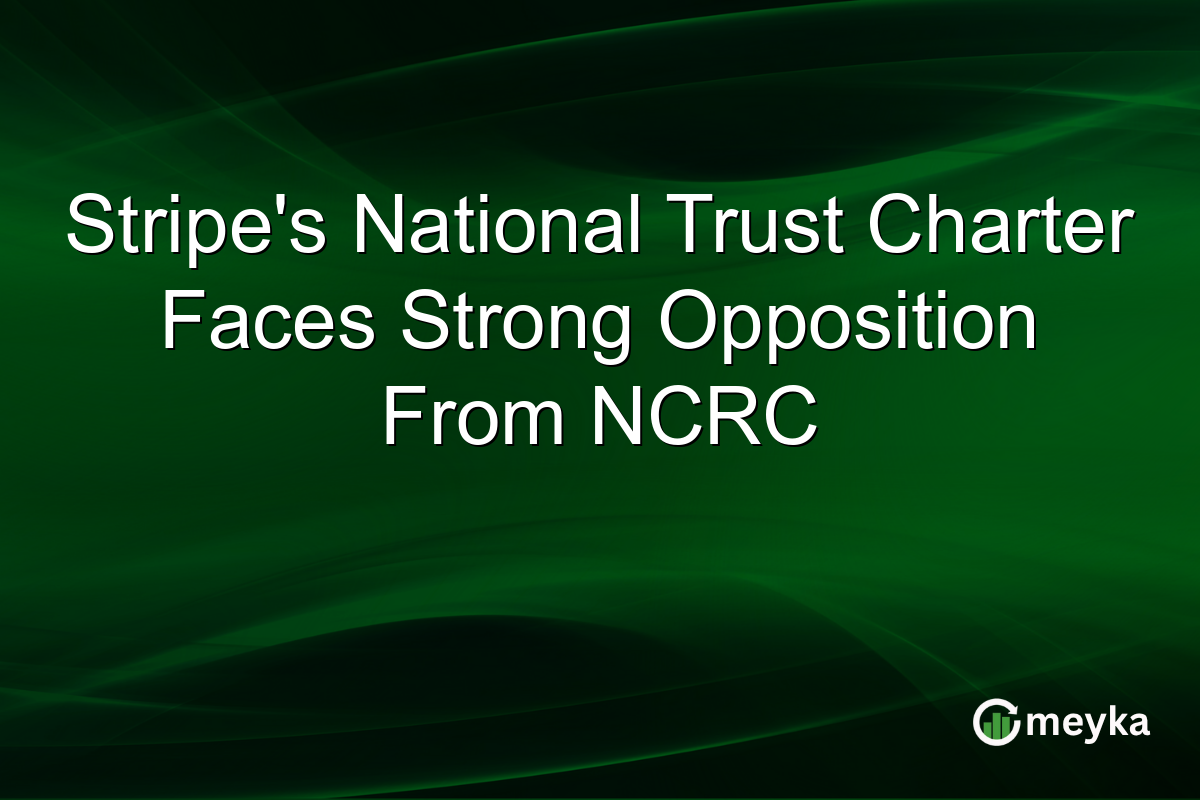Stripe’s National Trust Charter Faces Strong Opposition From NCRC
Stripe’s bid to enter the financial services sector by setting up a national trust bank has hit a roadblock. The National Community Reinvestment Coalition (NCRC) has publicly opposed Stripe’s application to establish Bridge National Trust Bank. Their concerns focus on compliance and consumer protection, crucial elements in Stripe’s strategy to expand its service offerings. This development could have significant repercussions on Stripe’s financial ambitions in the UK.
Continue Reading on Meyka
This article is available in full on our main platform. Get access to complete analysis, stock insights, and more.
Read Full Article →





